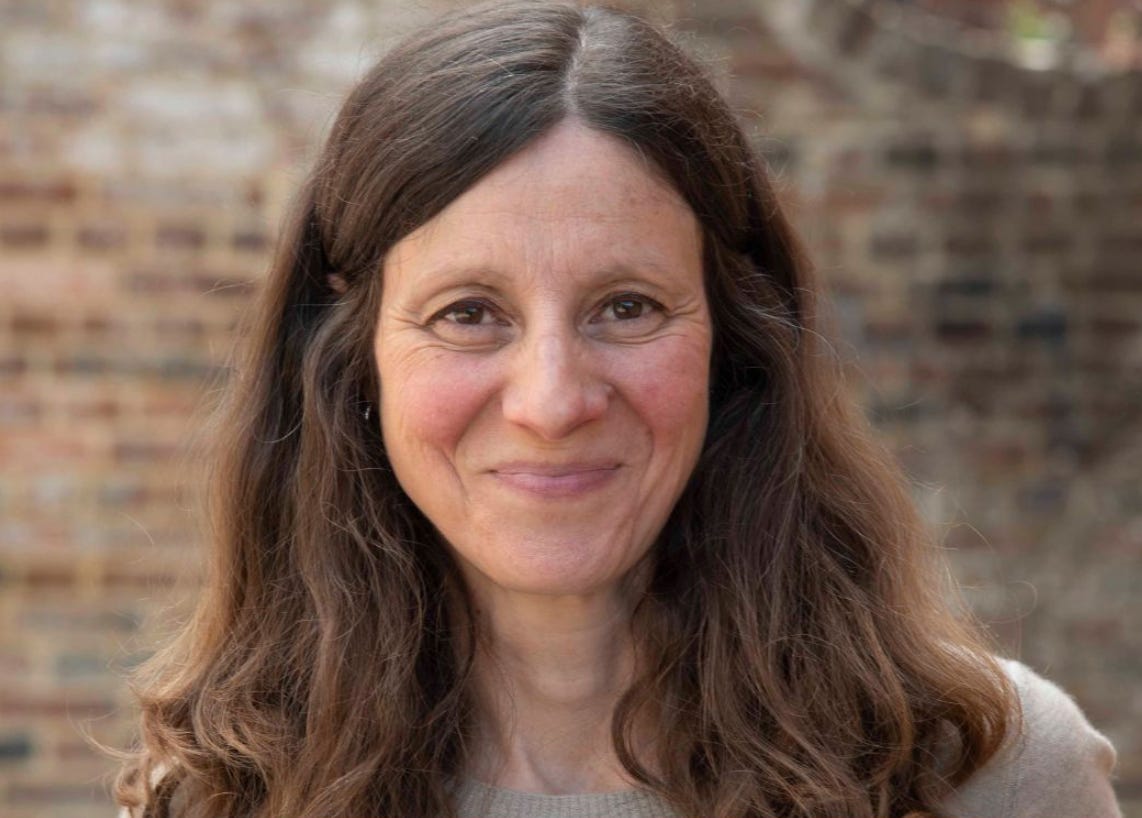Spaces are going for my FREE Webinar: Fair and Fearless: Ethical Pricing Strategies for Solopreneurs Who Want To Do Good and Make Money on Monday 4th November at 1pm-2.30pm (GMT).
Join me for a 90-minute deep dive into pricing with confidence, where you’ll learn how to create a pricing model that aligns with your values and meets your needs. We’ll explore a practical framework for setting prices that feel right for you while serving your audience sustainably.
Plus, I’ll be sharing an exclusive tool to help you implement these strategies in your business.
Don’t miss this opportunity to learn how to price in a way that is ethical, aligned with your values and unapologetic!
If you’re ready to move beyond survival mode and build a business that truly supports you, my signature 1:1 coaching programmes are designed for you. Together, we’ll create a tailored ecosystem for your business that aligns with your goals, sustains your energy, and enables you to thrive—not just financially, but in a way that empowers you to support others.
Apply today and book a FREE 60-minute coaching call to explore how we can design a business that serves your life, meets your needs, and supports your mission. Let’s turn your vision into a resilient, thriving reality.
All the clients I have ever worked with have one thing in common; they all want to help people/planet/make the world a better place.
And while this is a noble and worthy aspiration and is what sets these wonderful entrepreneurs apart from the “profit at any cost” capitalists, using “I just want to do good” as a starting point can create all kinds of problems later down the line.
You see the desire to do good, is wrapped up with an ambivalence about making money, and being able to fundamentally meet your own needs.

Here’s how the thinking goes; whether you come from money, had money growing up, or not, there is an unspoken belief (sometimes spoken) that money is inherently wrong, and that having money/a level of comfort/not having to struggle will make you a bad person, or at the very least lazy and complacent.
That somehow if you have money the things that you once cared about and the values you hold dear, will magically disappear once you hit a certain income.
What’s more, there is often a fear or worry that if you attain some level of financial success (whatever that means to you) that you will no longer be able to serve the people who need your help, or that people will judge you or reject you.
Money and guilt
This is something like survivor guilt, the psychological distress that comes from feeling responsible for surviving or escaping a situation. It shows up when we don’t feel we deserve something, so it is linked to our self-esteem and sense of worth.
And if you think about it, it makes a lot of sense. Being a part of a group/tribe/family is key to our survival as human beings, so any perceived threat to that taps into our very real fears about being abandoned or being cast out.
So just like every other unresolved thing in your life, it’s going to show up in your business and will underpin the business model you have created for making money, or not making money (but doing good).
But there is a way out of this without ‘selling out’ or sabotaging your success, because it’s not an either/or, make money OR do good, it’s a both/and.
Take it back to basics and look at what money you need first, and what your personal goals are.
I will often have initial conversations with business owners about their personal goals that immediately get conflated with how much money they want to make, which is fine, but it doesn’t tell us what the money is for, or who it is going to help.
Here’s the truth, if you want to help other people, including your family, wider community and so on, you must be resourced yourself, and that core truth needs to be baked into your business model. Otherwise, you risk burnout and financial destitution while trying to help others (trust me, I have seen it and it’s heartbreaking).
When I look at my business model and the personal goals that it supports, I have my own needs at its core namely, the level of income I need to generate, at the number of hours I want to work per week, for X number of weeks a year, so I can rest and not risk burnout and ill health (ask me how I know….).
Next come the needs of my family whom I support financially. After that come the needs of the community which I serve by doing voluntary work, which I have the capacity and resources to do because of what I earn and the downtime I have.
And of course, what sits at the centre is the work I do for my clients and the way I can help them through the services I offer at a price they can afford.




